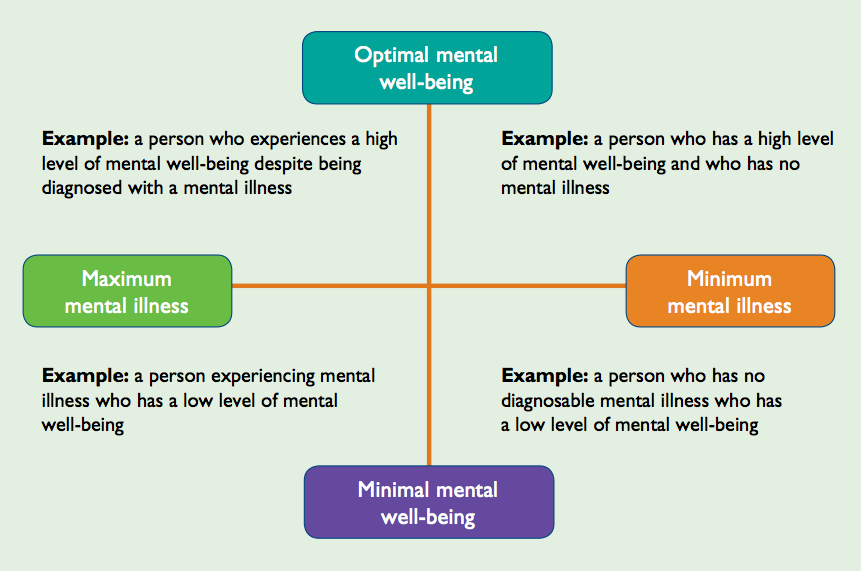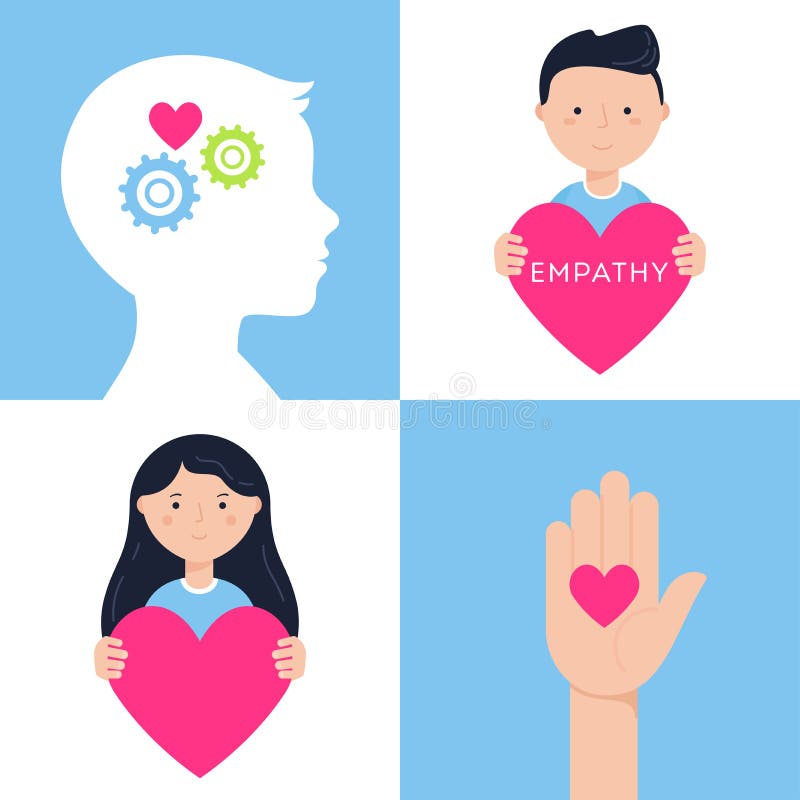This vicious circle obscures the underlying problems that are triggering bad sleep routines in the first place. 50% of Canadian grownups have problem falling asleep or remaining asleep. Over time, sleep disruptions cause a state of sleep deprivation. While much of the brain is a secret, we do know that sleep deprivation's effects on the brain can aggravate sleep disorders. There are over 70 type of sleep conditions. You most likely know of sleeping disorders, which is a condition where you have a difficult time falling or staying asleep. The results of sleeping disorders can easily affect your lifestyle. If this happens to you, you're not alone. One study found that 3.3 million Canadians struggle with sleeping disorders. 5.4 million Canadian grownups have sleep apnea, or are at high danger of establishing it. Sleep deprivation triggers psychological disruptions like sensation irritable, anxious, or grouchy.
People who are sleep deprived often have difficulty focusing throughout the day, battle with keeping in mind things, and feel tired at inconvenient times. Sleep deprivation and mental health are so closely connected that psychiatrists and psychologists think about insomnia an early warning sign of mental disorder. On top of psychological obstacles, the results of sleep deprivation manifest in your body also. Poor sleep causes low sex drive, weight gain, and can damage your body immune system. This makes you more susceptible to catching illness like the cold or influenza. The reasons for sleep disturbances are comprehensive, from too much screen time, to deep-rooted psychological health obstacles. Sleep deprivation and stress and anxiety are a typical pair. Individuals with short-term stress and anxiety, and individuals with long-lasting anxiety conditions, frequently report difficulty getting enough sleep. The experience of not being able to go to sleep can increase nervous feelings related to bedtime. It's naturally difficult to have trouble sleeping, which stress becomes more fuel for nervous thoughts. ADHD (attention deficit hyperactivity condition )makes it difficult to sleep for 25% -50 %of children who have it. Children may have a tougher time comprehending why they feel agitated and irritable when they're tired. Poor sleep and ADHD are so frequently reported together that, just like with stress and anxiety, it can be difficult to inform if sleep problems or ADHD preceded. Coffee drinkers might have difficulty sleeping since caffeine is a stimulant. Tobacco, alcohol and other drugs can avoid you from sleeping at all, or prevent you from sleeping deeply.
Stimuli like light from cell phones and television screens interrupt our ability to drop off to sleep and remain asleep. A bedtime routine that includes shutting off screens, mindful wind-down activities like meditation, and sound decrease, can help you naturally wander off to sleep. Some experts research study sleep psychology specifically - how the internet affects mental health. Their work involves helping clients manage their sleep disorders, and informing on.

sleep habits. Although we have more to discover, it's clear that sleep deprivation impacts an individual's mental state. Chronic sleep disorders are more common in people who have depression than in mentally healthy individuals. When an individual falls asleep, there are four phases they pass through - how mental health affects the brain. These are wake, light sleep, deep sleep, and REM (quick eye movement) sleep. There are links in between the duration of an individual's REM sleep and their memory, ability to discover, and psychological health and wellbeing.
How Environment Affects Mental Health Behaviour Things To Know Before You Get This

Some research associates anxiety and insufficient Rapid Eye Movement sleep. Dealing with a professional can assist uncover bad sleep routines, or difficult thoughts causing insomnia. You can call our psychiatrists or psychologists to get begun with much better sleep, right from the convenience of your bed. Getting enough sleep, and the best type of sleep, is vital for our general health and wellbeing. While you sleep, your body works to support healthy brain function and preserve your physical health. And for kids and youths, sleep is how their mind and bodies grow and establish. When you do not get adequate sleep, you feel worn out, you find it hard http://jeffreykqyp428.bearsfanteamshop.com/rumored-buzz-on-what-is-prazosin-used-for-in-mental-health to focus and keep in mind things and you might be grumpy. So not getting adequate sleep affects the way you feel, think, work, find out.
and get along with other individuals. If you are having issues getting to sleep or staying asleep, or if you typically feel exhausted throughout the day, you may require to work out what's occurring. However fortunately is most sleeping problems are easily repaired. For numerous of us, we're grumpy and irritable, we find it difficult to concentrate, and we have no energy. We can overreact when things don't go our way, and we might find we're less delighted if something good occurs. So it is simple to see how ongoing sleeplessness can be a worry. It can likewise considerably affect your mood. Sleeplessness and mood disorders are carefully linked. And it can work both methods sleep loss can affect your mood, and your state of mind can impact just how much and how well you.
sleep. Studies show individuals who are sleep denied report increases in unfavorable state of minds( anger, disappointment, irritability, unhappiness) and reduces in positive state of minds. It can likewise raise the danger of, and even add to, developing some mood disorders. Your state of mind can likewise affect how well you sleep. Stress and anxiety and stress boost agitation and keep your body excited, awake and alert. You may discover you can't turn your brain off, your heart beats faster and your breathing is quick and shallow (how climate change in food production affects mental health). How much sleep you need depends on your age, exercise levels, and basic health. Kids and teenagers require 910 hours of.
sleep a night (how climate change in food production affects mental health). More youthful children tend to go to sleep earlier and wake earlier. As children grow into teens, they seem to burn out later and oversleep later. We tend to need less sleep, as we grow older. These are some basic standards. If you( or your children) are tired throughout the day, you may require more sleep. If you have actually been having trouble getting enough excellent sleep, the bright side exists are numerous methods you can enhance your sleep habits. Try going to sleep around the same time every night and getting up at the very same time each early morning. Avoid drinking coffee and alcohol too close to bedtime. And surface eating at least 2 hours before your head strikes the pillow. Keep TVs and iPads out of your bed room. Make your bedroom a haven.
The Of What Affects Do Violenve Have On The Mental Health
Turn the lights down as you enter into bed. Check out using a bedside light. Attempt some basic meditation, like closing your eyes for 510 minutes and focusing on taking deep, slow breaths. Delight in a warm bath. Do not lie awake watching the clock. If you are tossing and turning, try getting up and checking out a book for half an hour approximately prior to attempting to go to sleep again. They will help you exercise whether a common condition is impacting your sleep, such as: insomnia jet lag and shift working sleepwalking, nightmares and night fears restless legs snoring sleep apnoea. Your GP can speak with you about some non-medical treatments for sleep conditions, such as relaxation training. Smiling mind has helpful strategies for children and grownups.